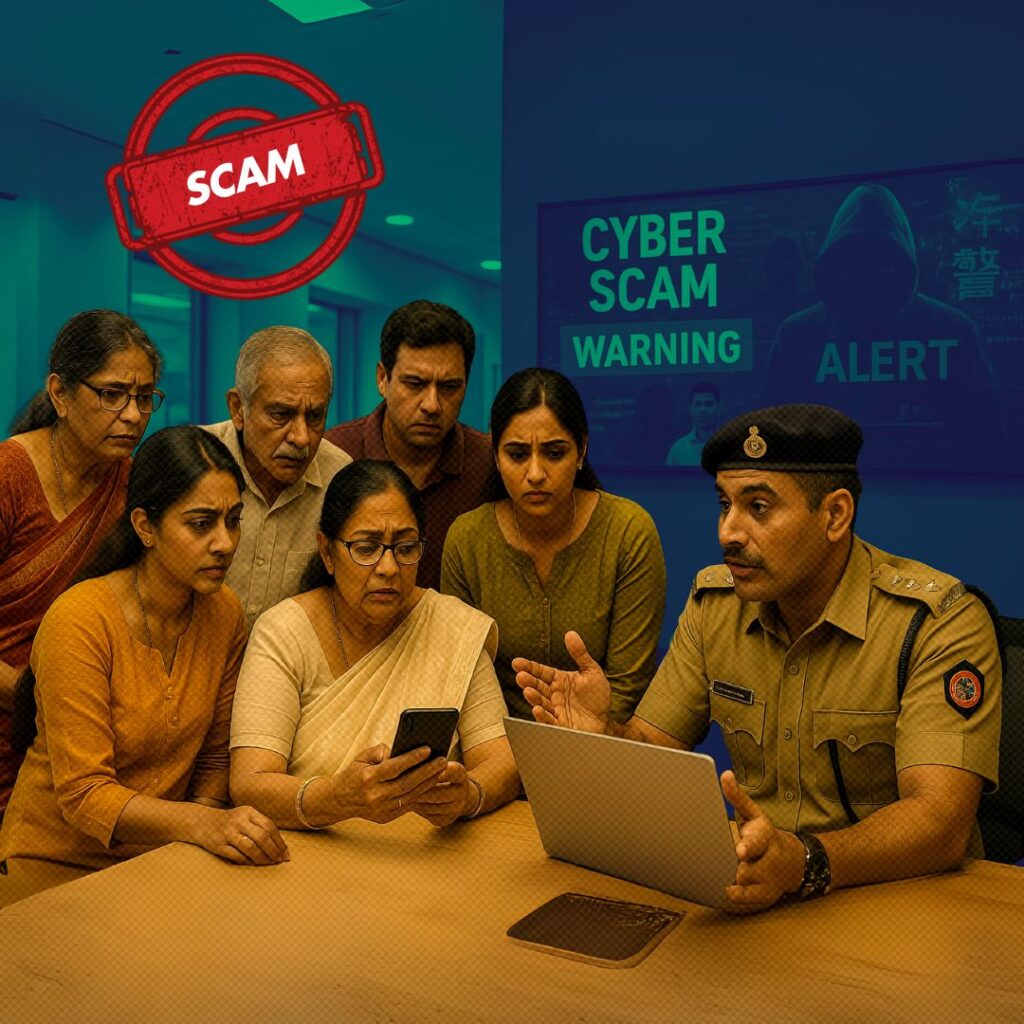Bruhat Bengaluru Mahanagara Palike (BBMP) officials managed to pull down over 5000 illegal flex boards and banners within three hours after the Karnataka High Court ordered them to remove all illegal flex banners by 2.30pm on August 1 before the court began hearing two Public Interest Litigation (PIL) seeking action against unauthorised banners. The order was passed by a division bench headed by Chief Justice Dinesh Maheshwari.
BBMP Commissioner N Manjunath Prasad had issued directions to all zonal commissioners to abide by the Court’s order. The officials were also asked to file FIRs against offenders.
“The drive will continue through the night and by Thursday morning there won’t be even one flex banner or poster in Bengaluru,” BBMP Commissioner said while speaking to The Times of India.
After the Court learnt that the BBMP had pulled down 5000 illegal flexes by Wednesday afternoon, it adjourned the hearing to August 8 and also asked the Palike to submit a report on the steps it would take to prevent the problem in future.
Mr Prasad also stated that a criminal case would be filed against any violator after Wednesday and they would be liable for prosecution under the provisions of KMC Act, 1976 and Karnataka Open Places (Prevention Disfigurement) Act 1981. The violator could be punished with imprisonment for a term which may extend up to six months or with a fine which may extend up to Rs 1,000 or with both, apart from prosecution under government notification.
Flex banners and its issue in the past
Flexes are made of polyvinyl chloride (PVC), a material similar to plastic. Its durability and cost-effectiveness make it the preferred material for display. Like plastic, flex too is harmful for the environment, since it is not biodegradable. Items made from PVC will retain their form for decades, and the breakdown that occurs is just granulation – the pieces simply become smaller. Animals can ingest these pieces, and the plastic can block their digestive tracts.
In 2016, the Karnataka State Government issued an official gazette notification stating a complete ban on all plastic and thermocol products in the state.
According to the notification “no shopkeeper, vendor, wholesale dealer, retailer, trader, hawker, or salesman shall use plastic carry bags, plastic banners, buntings, flex, plastic flags, plastic plates, spoons, plastic sheets irrespective of thickness including the above items made of thermocol and plastic which use plastic microbeads.”
Earlier in 2017, the BBMP ordered few flex manufacturers to shut their flexing operations. However, the manufacturers of flexes called the notices “unfair” claiming that the ban was on plastic that is below 40 microns and flexes can be made only if the material is beyond 250 microns. The manufacturers also stated that the closure of the flex industry would be a huge hit to the labourers employed, as reported by Bangalore Mirror, in January 2018.
Also Read: Meet Bangalore’s Bicycle Mayor Who Has Been Spearheading The Movement Of Sustainable Transport For 6 Years
Also published on Medium.











